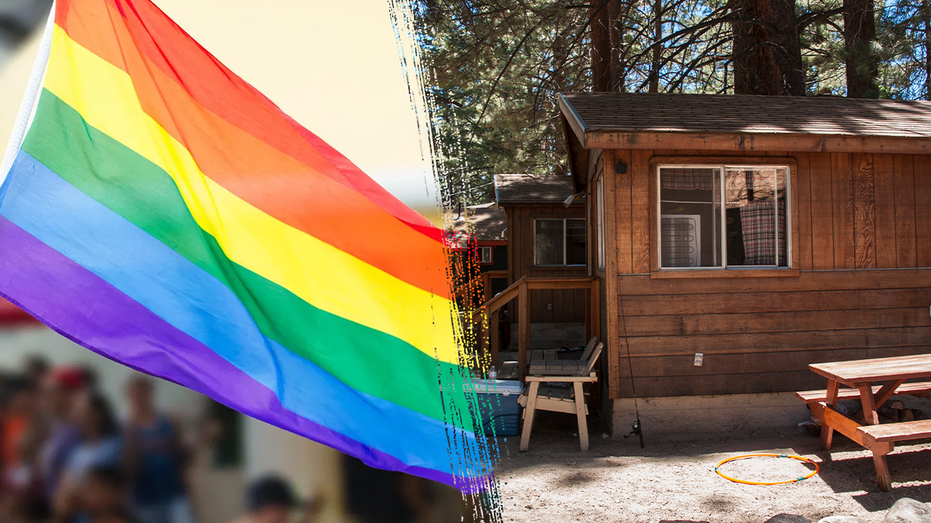Controversy Erupts Over 4-H Camps’ Policies on Child and Counselor Identity Amid Federal Funding Scrutiny
Center for Practical Federalism reports several states maintain gender ideology policies reinstated after Trump-era removals.

Some federally supported youth programs continue to permit both attendees and adult camp counselors to stay in overnight housing based on their self-identified gender, not biological sex—despite the federal policy that inspired these practices having been rolled back by the previous administration.
The Center for Practical Federalism, a nonprofit group focused on educating the public and policymakers about federalism and limiting government overreach, is urging the U.S. Department of Agriculture (USDA) to review and address the ongoing implementation of these gender guidelines in 4-H youth programs nationwide. The USDA oversees 4-H activities, which are administered through more than 100 public universities and offer young people opportunities in science, health, civic engagement, and agriculture.
The controversy traces back to 2017, when guidance promoting inclusion for all gender identities was shared on a USDA-managed website. This policy allowed participants and adults in some 4-H camps to be housed according to their gender identity. Although these guidelines were later rescinded, and an executive order issued in January of the Trump administration called for federal agencies to base intimate space designations on biological sex, many states appear to still operate under the older recommendations.
According to the Center for Practical Federalism, policies in several states continue to allow housing assignments based on gender identity. The organization alleges that in one 2022 incident at Rock Springs Ranch 4-H Camp in Kansas, a person who was born male but identified as female was housed with preteen girls without parental notification or consent. The Kansas 4-H Foundation has reportedly not updated its online gender policy since this event; the policy continues to prohibit discrimination on the basis of “gender identity” in areas including housing.
“The persistence of gender identity-based policies in 4-H programs shows how rescinded guidance can continue to shape policy and practice in violation of current federal directives,” said Tony Woodlief, senior executive vice president at the Center for Practical Federalism. He emphasized that incidents like the one at the Kansas camp highlight potential conflicts between these policies and both parental rights and children’s safety.
Similar approaches are reportedly still in place in other states such as California and Oregon. Official documents and training materials for their 4-H programs acknowledge the practice of assigning overnight accommodations according to gender identity rather than biological sex. Representatives from both the University of California’s and Oregon State’s 4-H Youth Development Programs did not immediately respond to requests for comment.
The Center for Practical Federalism has formally requested that the USDA conduct a comprehensive review of all federally funded 4-H programs, land-grant institutions, and associated facilities. Their goal is to identify instances where rescinded gender policies persist and ensure that standards are developed to prevent subregulatory guidance from circumventing lawful rulemaking processes. The group also advocates for an agency-wide audit of existing guidance documents, suggesting that any outdated or improperly instituted directives should be withdrawn to ensure compliance with current federal standards.
The USDA has yet to issue a public response regarding these calls for review and potential policy changes. The debate underscores larger questions about the balance between inclusion, parental notification, and adherence to federal regulations within youth-oriented programs funded and overseen by federal agencies.




